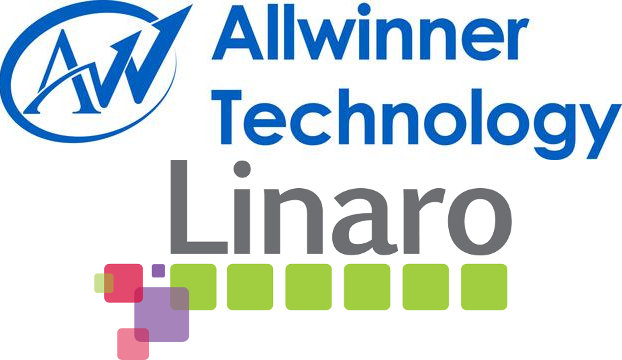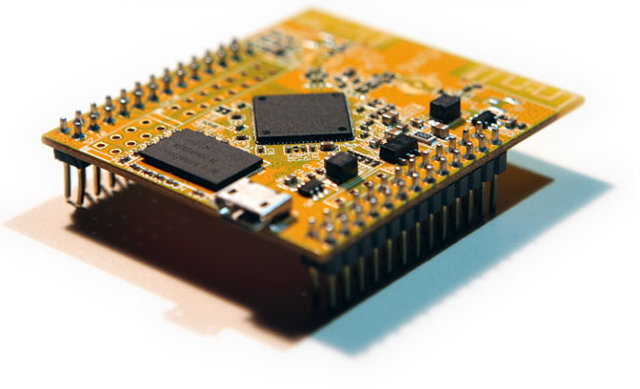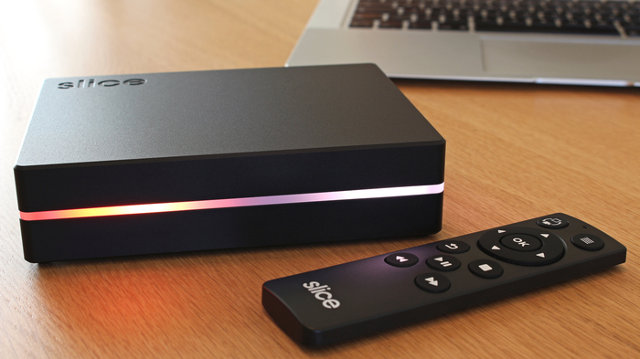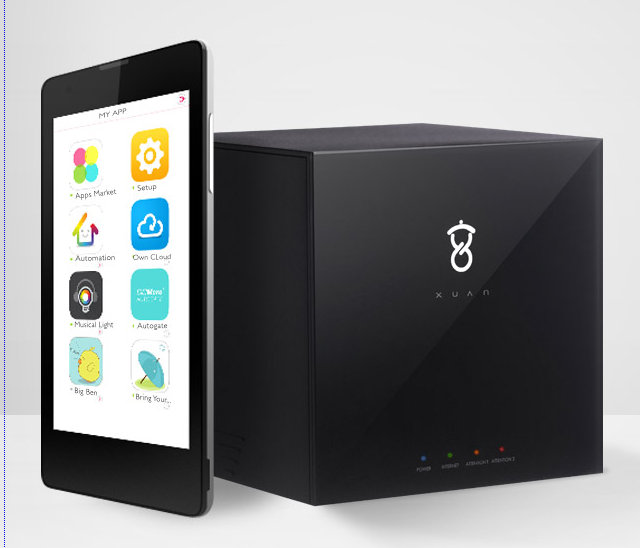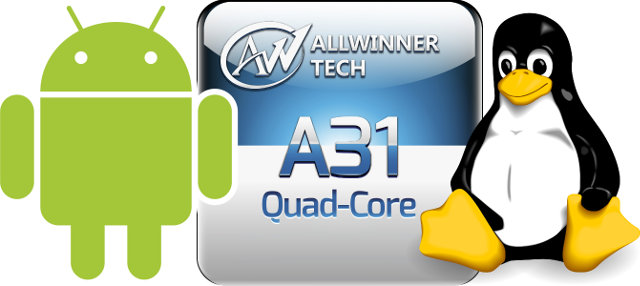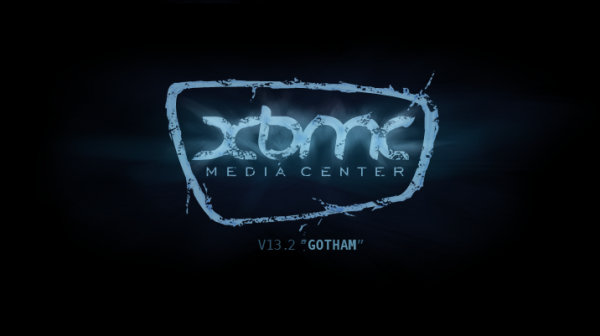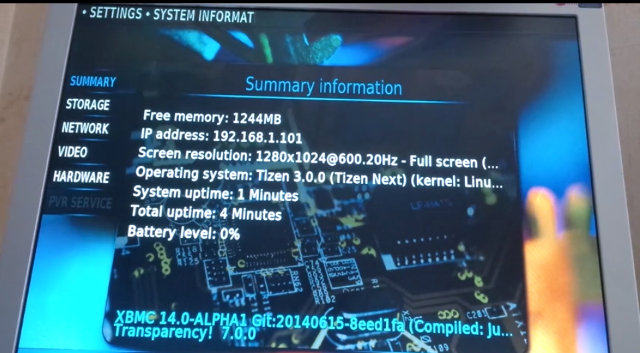Since Allwinner has joined the Linaro Digital Home Group earlier this year, many people, including myself, have wondered what it means in terms of Linux support, and the engagement with the open source community. Following up on an idea from a regular reader, I’ve decided to asked a few questions to Ben-El Baz, marketing manager at Allwinner, and Linaro contact for Allwinner, which he kindly answered, and accepted to be published on CNX Software. CNXSoft: Why did Allwinner decide to join Linaro, and especially the Digital Home Group? Allwinner: One of our company’s goals is to be a technology leader. It’s ambitious but not too far-fetched given the background of our leadership and engineering team. There’s an extremely talented group of guys behind the scenes here! Leading is difficult unless you’re involved in collaborative organizations like Linaro that work on new technology. Joining Linaro is an opportunity for us to […]
Embedded Linux Conference Europe 2014 Schedule – IoT, ARM vs x86, Optimization, Power Management, Debugging…
The Embedded Linux Conference Europe (ELC 2014), CloudOpen, and LinuxCon Europe will jointly take place at the Congress Centre Düsseldorf, in Germany on October 13 – 15, 2014. The 3-day events will consists of keynotes, presentations, and tutorials. Each day will open with two or three keynotes by speakers including Jim Zemlin (Executive Director, Linux Foundation), and Jono Bacon (XPRIZE), followed by presentation and tutorials. There will be 45 presentations for ELCE, 58 for LinuxCon, and 47 for CloudOpen, I’ll make a virtual schedule with a few sessions part of the Embedded Linux Conference Europe “track”. Monday, October 13 11:15 – 12:05 – Performance Analysis Using the Perf Suite by Mans Rullgar, Consultant When faced with a performance problem, the initial steps towards a solution include identifying the sections of code responsible and the precise reasons they are time-consuming. To this end, the ‘perf’ profiling tools provide valuable insight into the […]
WRTNode is a Hacker-Friendly Open Source Hardware OpenWRT Wi-Fi Module Selling for $25
There are now some tiny and low cost ($15 to $20) Wi-Fi modules supporting OpenWRT such as VoCore and AsiaRF AWM002. However due to their small size they may not be that hacker’s friendly as they can’t have 2.54mm headers due to heir small size, and I’ve recently received AsiaRF AWM002 only to find out it not only needs 3.3V supply voltage, but also 1.8V and 1.2V. So I’d need to make my own power circuit with the required LDOs, or purchase a $20 base board to use the module. Here comes WRTnode another larger Wi-Fi module but with more usable 2.54mm headers, and based on the more powerful Mediatek MT7620N processor @ 600MHz. WRTnode hardware specifications: Processor – Mediatek MT7620N 600MHz MIPS CPU (MIPS24KEc) System Memory – 64MB DDR2 Storage – 16MB SPI flash Connectivity – Wi-Fi 2T2R 802.11n 2.4 GHz up to 300Mbps Expansion Headers – 2x with […]
Raspberry Pi Based Slice, and EzeeCube Quad Media Players Support Internal Hard Drives (Crowdfunding)
Slice is a media player based on Raspberry Pi Compute Module, and EzeeCube Quad is media hub powered by Freescale i.MX6 Quad, and an upgrade to EzeeCube based on i.MX6 dual, which was successfully funded. The underlying hardware between Slice and EzeeCube is much different, but both devices have a lot in common. They are both media players currently being crowd-funded respectively in Kickstarter and Indiegogo, both comes with an internal hard drive, run XBMC, targets typical end-users (rather than tinkerers) and are somewhat pricey. Slice Media Player When I first saw Slice, all I could see was an Raspberry Pi module, put in a case with an internal hard drive bay, and lots of pretty RGB LEDs, and with an air mouse sold for an inflated price of 114 GBP ($190 US) without hard drive or 179 GBP ($300 US) with a 1TB drive, with admittedly some cheaper early […]
$79 STACK Box Home Automation / IoT Gateway Supports Wi-Fi, Ethernet, BLE, XBee, X10, Z-Wave and More (Crowdfunding)
Cloud Media (Syabas) is better known for their Linux based “Popcorn Hour” media players, and last year I reviewed their FreeOTT streaming media player powered by a Cavium ARM11 processor. The company is now entering the home automation market with the STACK Box (aka XuanBox) also powered by a Cavium ARM11 processor, and supporting various connectivity options to interface with popular smart “things” such as Belkin Wemo and Philips Hue, as well as a Raspberry Pi Bus (26-pin header) to support add-ons. STACK Box specifications: Processor – Cavium ARM11 processor @ 640 MHz (possibly Cavium CELESTIAL CNC1800L. TBC) System Memory – 256MB DDR3 Storage – 512 MB flash + SD card slot Connectivity 10/100M Ethernet Wi-Fi 802.11n with WPS Bluetooth LE 4.0 (included) Z-Wave (included) Dust Networks (extra module required) XBee (extra module required) X10 (extra module required) Insteon (extra module required) RF433/315 (coming soon) EnOcean (coming soon) ZigBee(coming soon) DCLink(coming […]
AllWinner A31 Android & Linux SDKs, and Documentation Leaked
AllWinner A31 software development kits (SDK) for Android 4.2 / 4.4 and Linux can now be downloaded, and relevant documentation has also been made available, including HummingBird A31 system brief and system manual. Part of the documentation is in English, but lots of it, is in Chinese only. Download links to AllWinner A31 SDKs for HummingBird A31 development board, but they may be useful for other hardware platforms based on AllWinner A31: Android 4.4 SDK (password: 5ck9) – a31_v4.5_hummingbird_kfb_ok.tar.gz (6.04 GB) Android 4.2 SDK (password: tz17) – a31_hummbingbird_V3.3_v2_kfb_0k.tar.gz (3.99 GB) Linux SDK (password: kdcw) – A31_MerriiLinux_V3.3_v1.tar.gz (1.17 GB) There are also links to firmware files specific to HummingBird: Android 4.4 firmware LCD output (password: w1s6) Android 4.2 firmware LCD output (password: b7de) Android 4.2 firmware VGA output (password: nfqw) Linux firmware (password: ibal) It takes a very long time to download the SDKs, so I haven’t checked the files, and […]
XBMC 13.2 Gotham Final Release
XBMC developers have just released XBMC 13.2, which could be one of the latest, if not the latest release, under the name XBMC, before Kodi 14 makes it debut. Since it’s only a minor release (13.x), there aren’t any new features, only bug fixes, and it should be safe to upgrade from older 13.x release on various supported operating systems and probably, except possibly in some Android TV boxes where you may have a custom version of Android specific to your hardware / SoC. List of changes against XBMC 13.1: Fix audio problems with pass-through on OSX Crash in Android if an app is favourite, then uninstalled from system. Fix crash in Android when entering programs menu in some skins Bitstream conversion fix for some BD mkv iso rips Fix labelcontrols with autowidth set were always marked as dirty (re-render) Update included PVR add-on Set “remote as keyboard” default to […]
XBMC / Kodi 14 Ported to Tizen 3.0 Wayland
XBMC, soon to become Kodi with version 14, is now supported in Linux, Windows, Mac OS X, Android, and iOS. But Kodi 14 may soon support Tizen, as Phil C., a Tizen developer, ported the alpha version of Kodi 14 to Tizen 3.0, and showcased it on an Intel “Bay Trail” NUC powered by Intel Atom E3815 single core processor. Intel 3815 NUC is officially supported by Tizen and an image is available for download, so most of the work was to build Kodi 14 Alpha, install required packages, and configure some scripts. The video below shows XBMC/Kodi 14 UI running on Tizen 3.0, and a video played from YouTube, and after about 3 minutes, he explains how to modify the BIOS to have the system boot and work properly for the rest of the video. If you happen to own an Intel E3815 NUC, but it could also work […]


